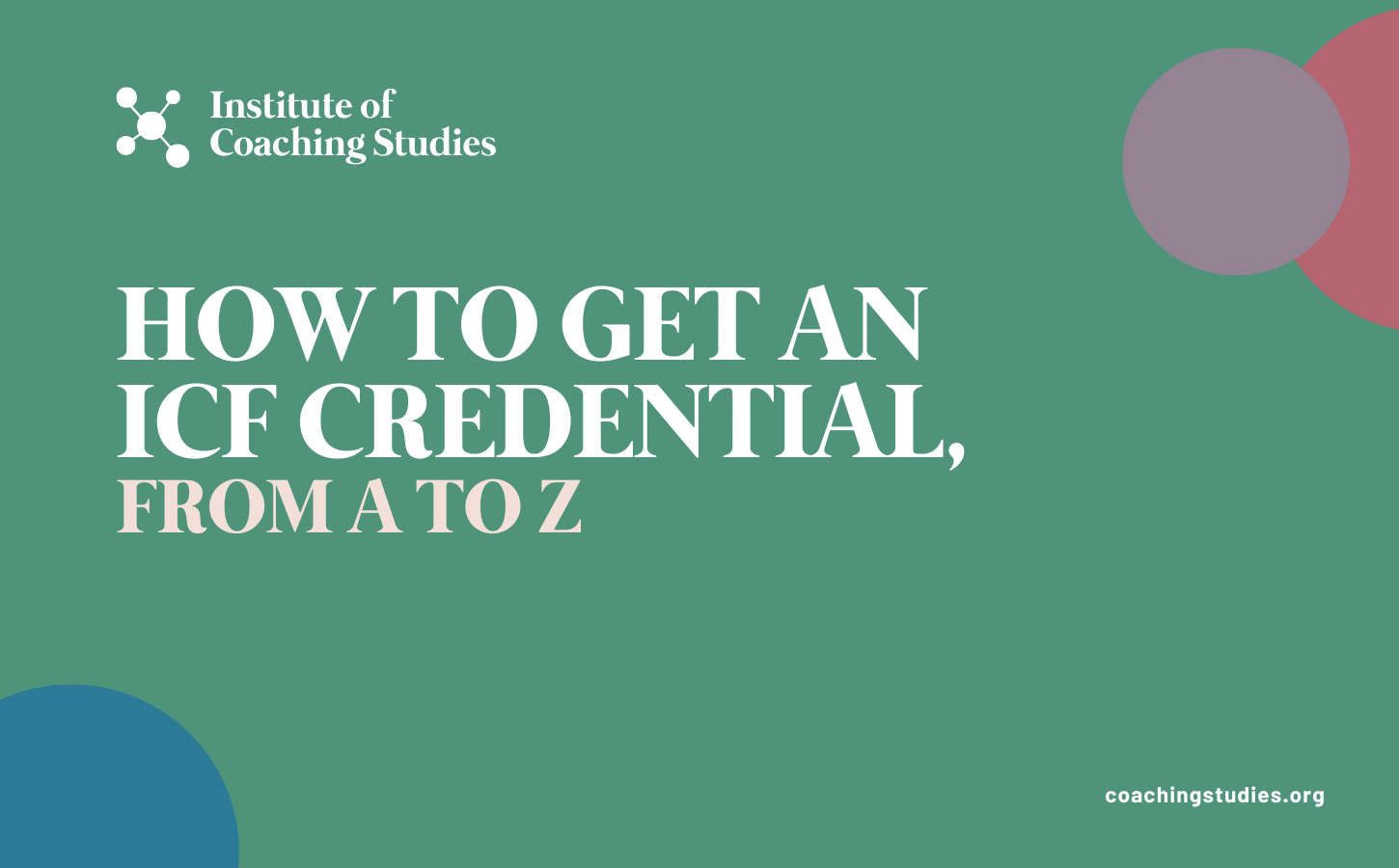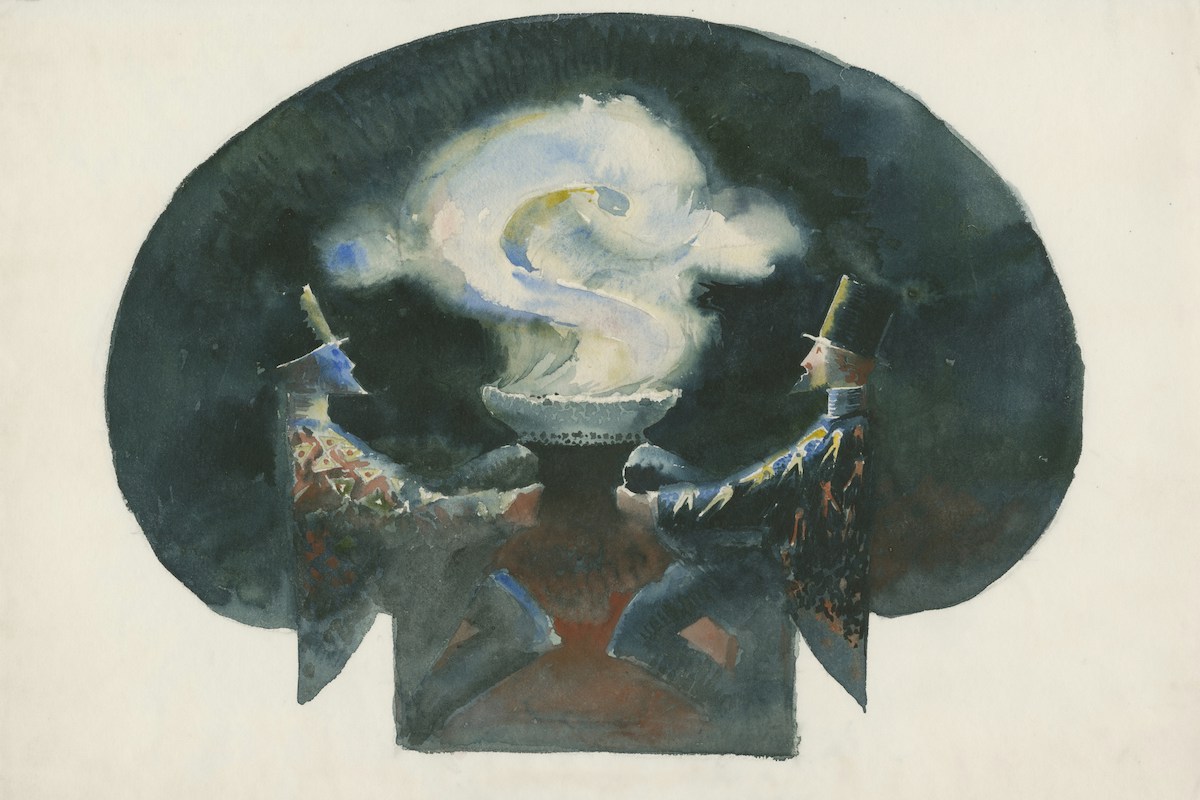The chemistry between a coach and a client is an essential factor that significantly influences the success of the coaching engagement. It’s not just about finding any client; it’s about finding the right client — a person with whom you resonate, communicate effectively, and share a common understanding of the purpose of this relationship. So, how can you tell if you and your potential client are a good match? In this article, we explore the signs that may tell you this is a promising coaching partnership.
1. WHAT YOUR OFFER IS WHAT THEY NEED
The first sign that a potential client would be a great client for you is the alignment between the type of coaching they need and what you offer.
It seems obvious, but there are plenty of factors that can make a coach accept to work with a client without having any knowledge or experience in the field. For example, the coach is interested in the specific specialty the client would need, but hasn’t started to learn about it yet. Or the coach realises during the chemistry call that the client would need another coach on a different topic; in this case they may decide to take this client onboard anyway as they don’t want to miss an opportunity to sign a new client.
2. THEIR READINESS TO BE COACHED
This one also seems obvious, but not everyone who wants coaching is actually ready for it. What do we mean by that? Some people have a limited knowledge of coaching, so they may think they need it, while in reality they either need another type of support (therapy, mentoring, etc.). Others don’t realise how challenging coaching can be, and they may not be in the right mindset to face themselves in sessions.
During the chemistry call, inquire about their openness to grow and their motivation to learn about themselves and explore new perspectives.
3. WILLINGNESS TO DO THE WORK OUTSIDE OF SESSIONS
People who’ve never done coaching before may not know that a lot of the work they have to do happens between sessions. Sessions are almost like a check-in, a reflection point, to allow them to build their awareness and set a plan. The “real” work – what will actually bring them closer to their goals – needs to be actioned afterwards. If the person is not aware of that, or they are not willing to take any action, the coaching engagement is not going to go anywhere.
Make sure you contract around that, and check in with the client to see if that’s something they are ready to commit to. Explore any potential barriers or obstacles to taking actions.
4. Open & HONEST TWO-WAY COMMUNICATION
During your initial conversation, pay attention to how freely and honestly the potential client shares their thoughts, feelings, and aspirations; and how direct and honest you also are with them. A good match often involves a client who feels comfortable going deeper into their challenges and goal. For the coach it means feeling comfortable about doing the coaching you can, and not being afraid of being authentic with the client (as opposed to putting on an expert mask or pretending to be the coach you’re not).
5. GOOD RAPPORT
Rapport is the foundation of a successful coaching relationship. This is connected to the previous point about communication, but it’s not just about that. Rapport means connecting with the person, being empathetic with them, and generally speaking co-creating a relationship where you and the client have their role.
During your chemistry call, observe whether you naturally connect with the potential client. Are you interested by them? Do you understand them? Are you drawn towards helping them?
6. Shared understanding of ethics
We initially wanted to talk about the importance of shared values, but it actually goes beyond that. You can work with clients who have different values from yours. The complementarity of values can actually make it easier for you to help the client expand their thinking and perspective.
Instead of values, what we think is an important factor of the compatibility between coach and client is a shared approach to ethical behaviour; a common vision about society, people, and what’s right and wrong, in the broader sense. It would be very difficult to work with a client who is okay with repeatedly lying, stealing, cheating, if those are behaviours you would never engage in.
Beware of judgements you make about what your potential client shares. If you are noticing that they are not aligned with your ethics, we strongly advise you to decline working with this person, AND to go to coaching supervision to unpack this. This would make a fantastic topic for exploration with an experienced supervisor.
7. Alignment on Logistics and Scheduling
Practical considerations also play a role in determining a good coaching match.
- If you are only available for coaching on certain dates or times, while the client is not, this will complicate matters when it comes to booking sessions.
- If the client wants online sessions and you only offer face-to-face, this will also be an issue.
- Misalignment can also happen on the fee (too expensive for the client) or the payment method (different currency, or a payment method not adapted to the client for example).
You first need to be clear about how you will offer your services, which is something you can do before scheduling the call. Discussing the logistics and fee is something you also need to be comfortable doing. At some point during the chemistry call, have an open conversation on the organisation you have and see if it fits with what the client wants.
8. YOUR GUT FEELING
The last sign to pay attention is what your gut feeling is telling you. This is probably the most important piece of information you’ll get.
What is your intuition telling you about working with this potential client? Sometimes it may not say anything, and that’s usually a good sign. But if you have the suspicion that the coaching engagement and/or relationship is going to be a challenging one, and you don’t really know why you’re feeling this way, we urge you to listen to yourself and really consider whether this client is right for you in this very moment.
By recognizing these signs during your initial interactions with your potential client, but also during your chemistry call, you can make sure you work with people who are committed to the coaching process as much as you. You can not work with anyone, the same way we can’t get along with everyone in life – so be selective in who you work with. This is key for the success of the coaching you will facilitate.
LET'S STAY IN TOUCH
If you want to hear from us about all things coaching and not miss any new articles, sign up to our weekly newsletter below 👇
Thank you!
We hope you like the content we will share.
Photo by Kaitlyn Baker on Unsplash










